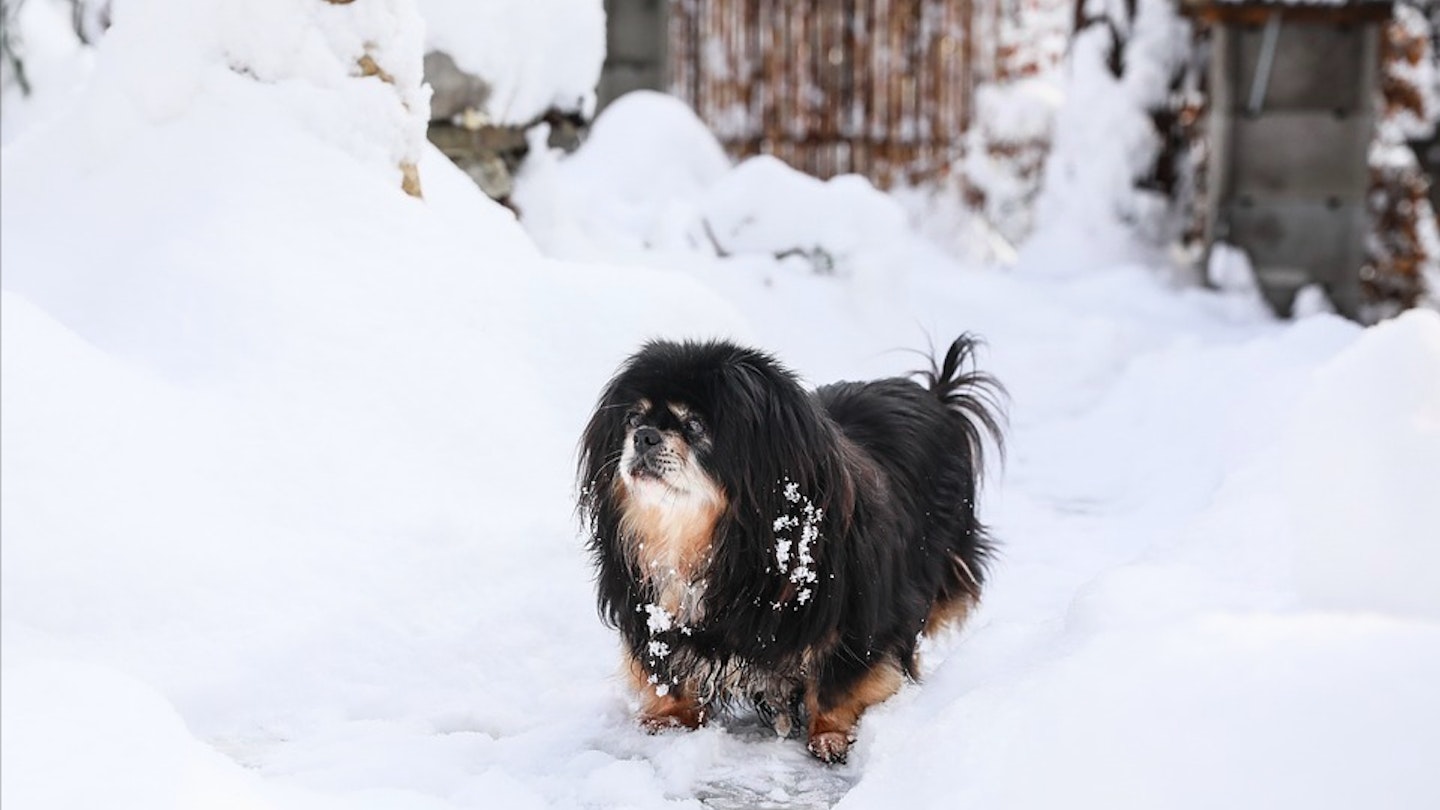Tips on how to keep pets safe in the cold
This winter, with another so-called Beast from the East forecast to take hold in the coming weeks, animal charities are urging people to take good care of their pets.
People often assume that animals’ furry coats will give them extra protection during harsh winter months but, in reality, they can struggle to keep warm. Prevention is better than cure, so keeping an eye on your pet’s weight and behavior could help indicate if there are any issues that have been brought on by the changes in weather.
To ensure all pet owners understand the various seasonal threats posed to our furry friends, MSD Animal Health veterinary surgeon Hannah Newbury, Dr Jane Tyson, the RSPCA’s Rabbit Welfare expert and Richard Saunders of the Rabbit Welfare Association and Fund (RWAF) share their top tips on how to care for pets this winter.
Check out: Dog friendly holidays in the UK
Dog friendly holidays in the UK
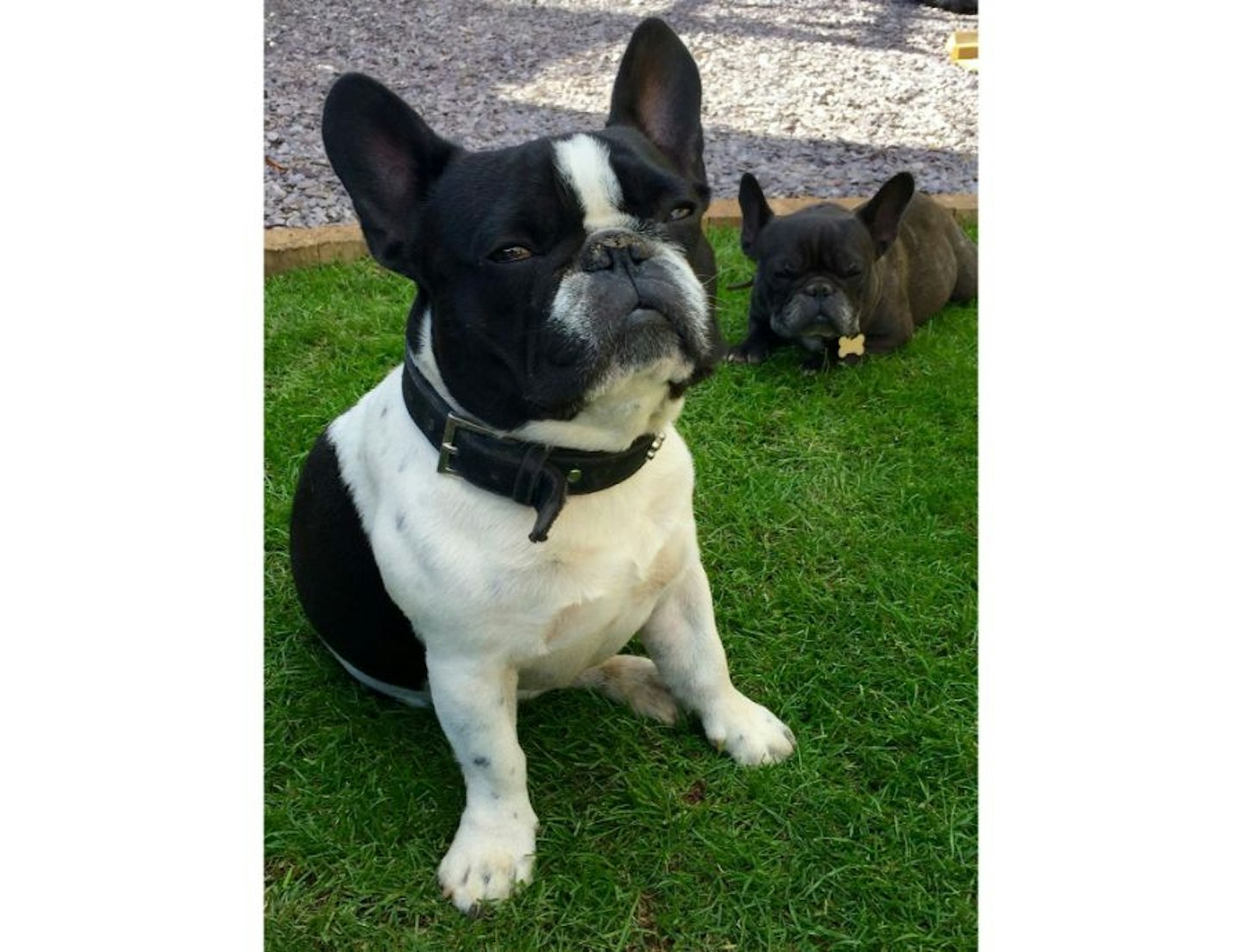 1 of 5
1 of 5Breaks with a bark
Who could bear to leave their prized pooch behind while the rest of the family go on holiday? With kennel costs turning astronomical Closer have sniffed out the perfect British getaways worthy of your canine's approval
 2 of 5
2 of 5Hill walking in the Highlands
Airds Hotel, Port AppinOften engulfed by The Highlands' haze, the only way to enjoy Port Appin's jaw-dropping scenery of mountains, lochs and lakes is at Airds hotel with your dog by your side. The property faces onto the loch, with a large garden perfect for your pet to run around while you drink in the view. The surrounding area has lots of flat walks with a gentle 5km circular route, perfect for smaller dogs. Appin Boat Tours are a five-minute walk away and welcome dogs aboard their one-hour trip to see seals and local wildlife as well as historic buildings. For rainy days there's a selection of DVDs to enjoy in your room while your pooch is welcome to rest with you with treats and toys just for him. There's a beautiful conservatory, also looking out over the mountains where you can enjoy a delicious afternoon tea. But breakfast and dinner will be highlight of your stay, the food is unbeatable, with locally sourced ingredients with dog food available too, and afterwards you and your best friend can relax by the log fire in the lounge, enjoying a whisky in a tartan arm chair if you like clichés.See www.airds-hotel.com
 3 of 5
3 of 5A beach break in Cornwall
Bracken Cottage, Lower Treslea FarmWhen your host welcomes you with a traditional Cornish cream tea you know you're in for a treat. And they won't forget a foodie surprise for your dog either. There are two cottages available for rent – with use of the outdoor hot tub - set on this peaceful farm to the backdrop of rolling hills, complete with horses by the drive. Here you have everything you need for a truly calm and relaxing stay with your pooch free to roam around next to you. With board games for all ages, even on a wet weekend you'll be entertained and kept warm but the cottage's log fire. The farm is centrally located and ideal for exploring Cornwall, just a short drive away is Tywardreath where there's a dog-friendly beach at St Austell Bay – ideal for walking off the Cornish pasties. The famous Eden Project 13 miles away which has certain areas you can take your dog while little ones will marvel in the rainforest enclosure.See www.caninecottages.co.uk
 4 of 5
4 of 5Coastal chilling on the Isle Of Wight
Whitecliff Bay Holiday Park in BembridgeFun for all the family, and in particular furry friends comes in every form at the caravan park at Whitecliff Bay – dog friendly accommodation is on offer, as are outdoor hot tubs and a starry sky at night if you're lucky. A welcome pack on arrival has a few household essentials to kick start your self-catering trip complete with dog treats and toys. The caravans are clean and cosy and with all your creature comforts with the option to upgrade to the new rock star caravan with luxury furnishings. For little ones there's a kids' playground as well as indoor and outdoor swimming pools. For adults there's a bar boasting beautiful views of the bay. You can access the coastal path from the park and, when safe to do so, when the tide is out, you can clambour over mossy rocks, crab hunt and run along the wide expanse of dog-friendly beach all the way to The Crab & Lobster Inn for lunch.See www.awayresorts.co.uk
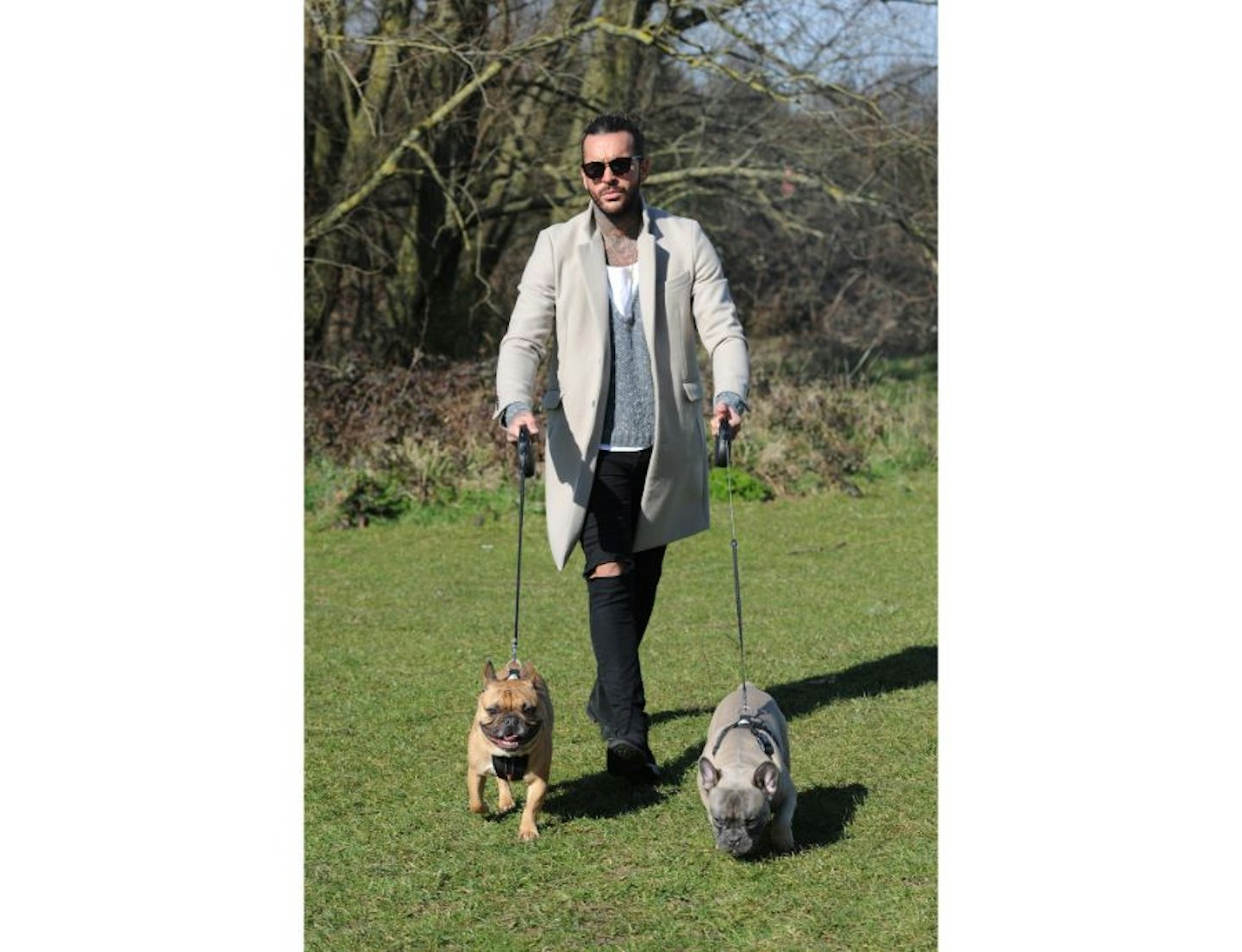 5 of 5
5 of 5Pete Wicks’ tips for going away with your dog
TOWIE star, Pete Wicks – who has French bulldogs, Eric and Peggy - shares his top tricks to going away with your pooch
The ultimate winter pet health guide: Don't leave your pets out in the cold
1) Protect your dogs’ paws
Chemicals used to melt snow and ice, along with grit and mud, can be very irritating to your dog’s paw pads, and if left unwashed can cause a burning sensation which you’ll notice will leave your dog gnawing at its paws. Therefore, it is essential to regularly bathe paws after a cold winter walk to remove these irritants along with any bugs or bacteria that can easily get in to the skin causing further problems at this time of year.
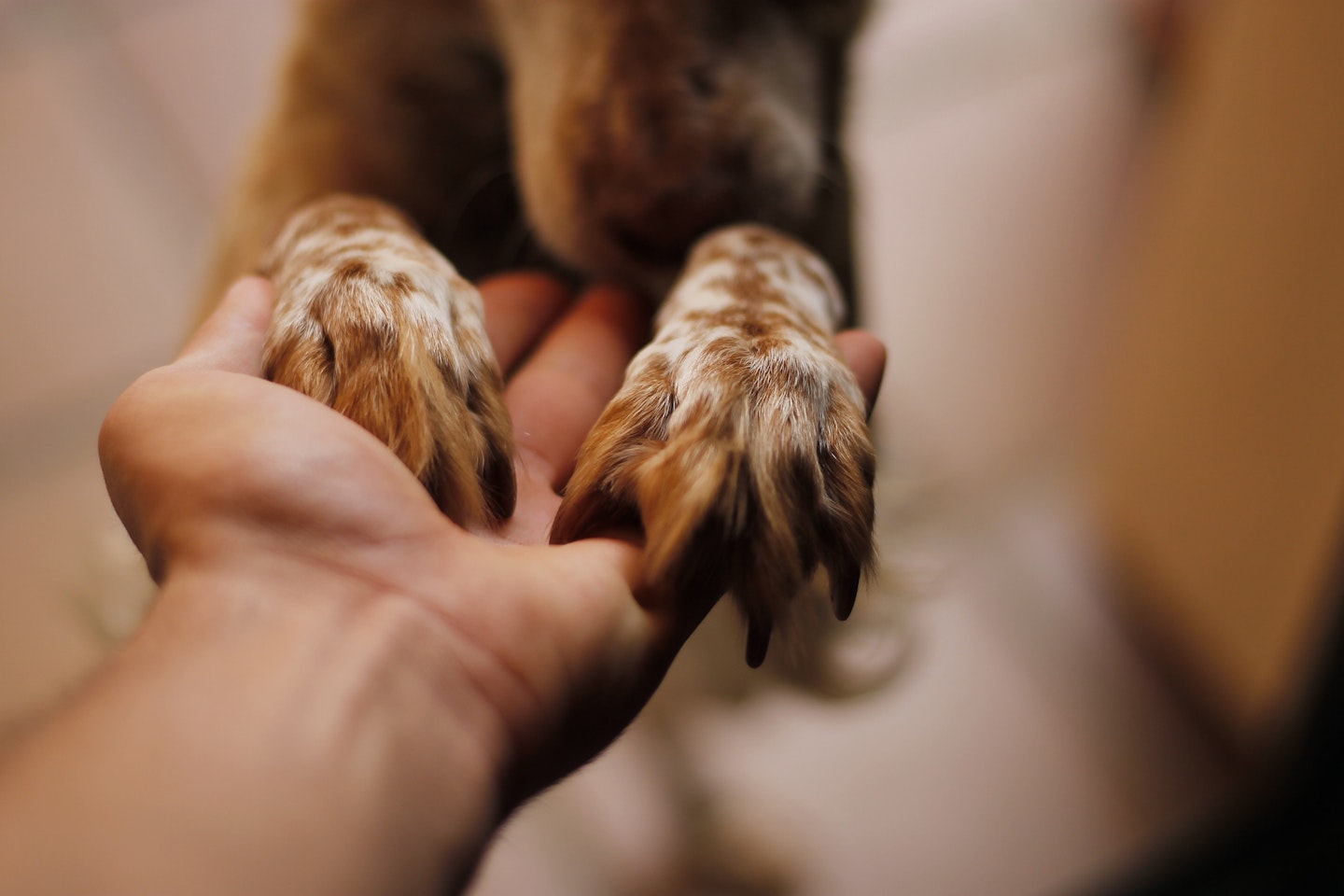
2) Lock away the anti-freeze
Cats are often attracted to anti-freeze because it's said to possess a sweet taste. However, exposure to anti-freeze, particularly for cats, is exceptionally dangerous and in some circumstances can cause kidney failure and death. If your cat starts to display any signs of ill health including sudden weight loss, diarrhoea and vomiting, pay an immediate visit to your vet.
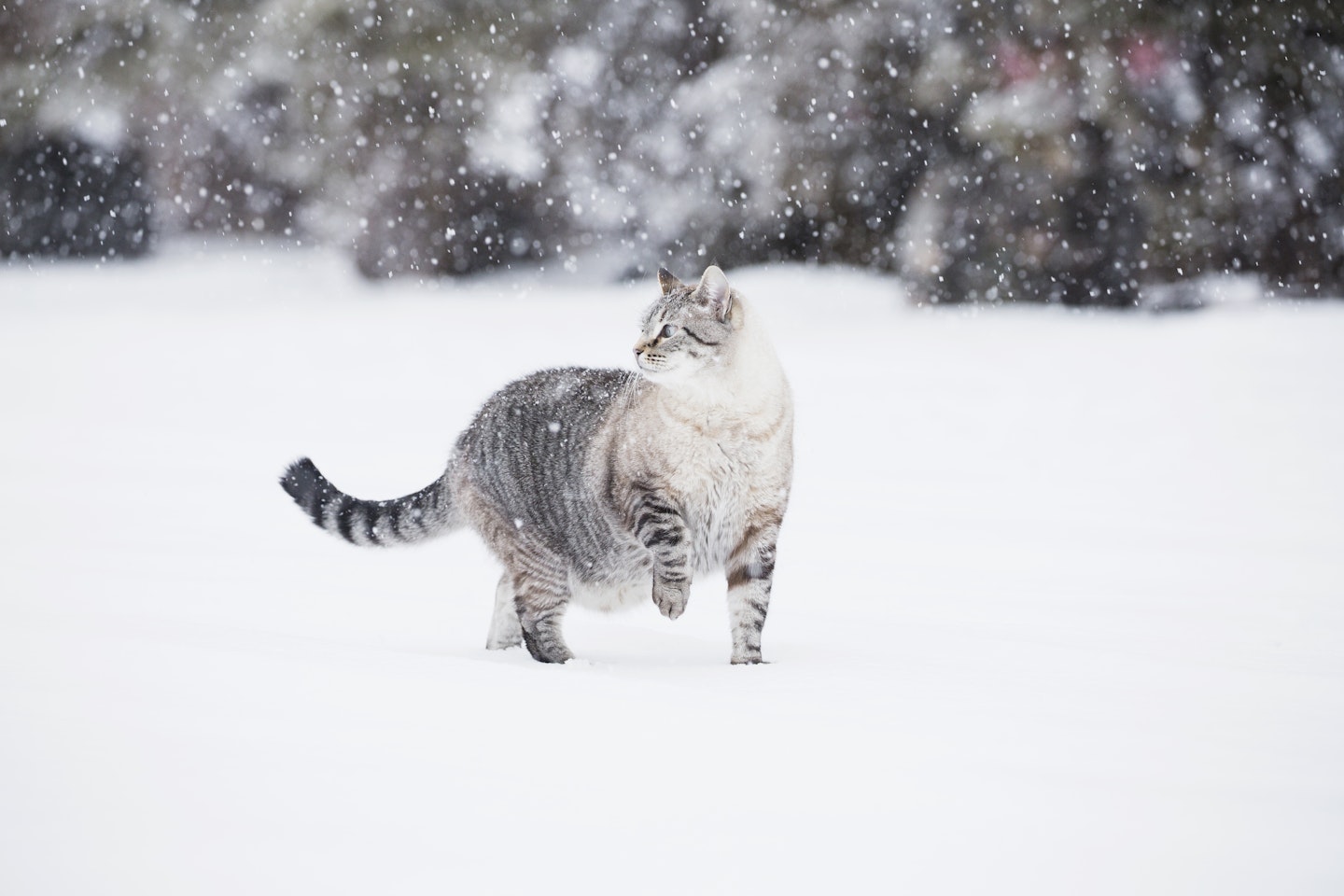
3) Be mindful of the risk of hypothermia
Although it differs between breeds and ages, pets can suffer from hypothermia too, so be mindful of the amount of time your pet spends outdoors and how active it is during freezing temperatures. If you notice that your dog has pale gums and pale inner eyelids, these are two signs that your pet could be suffering from hypothermia.
Ensure your pet is kept warm in cold weather and if you suspect they have become too cold, speak to your veterinary practice and treat your pet as you would a human, by feeding them warm liquids and wrapping them in warm blankets.
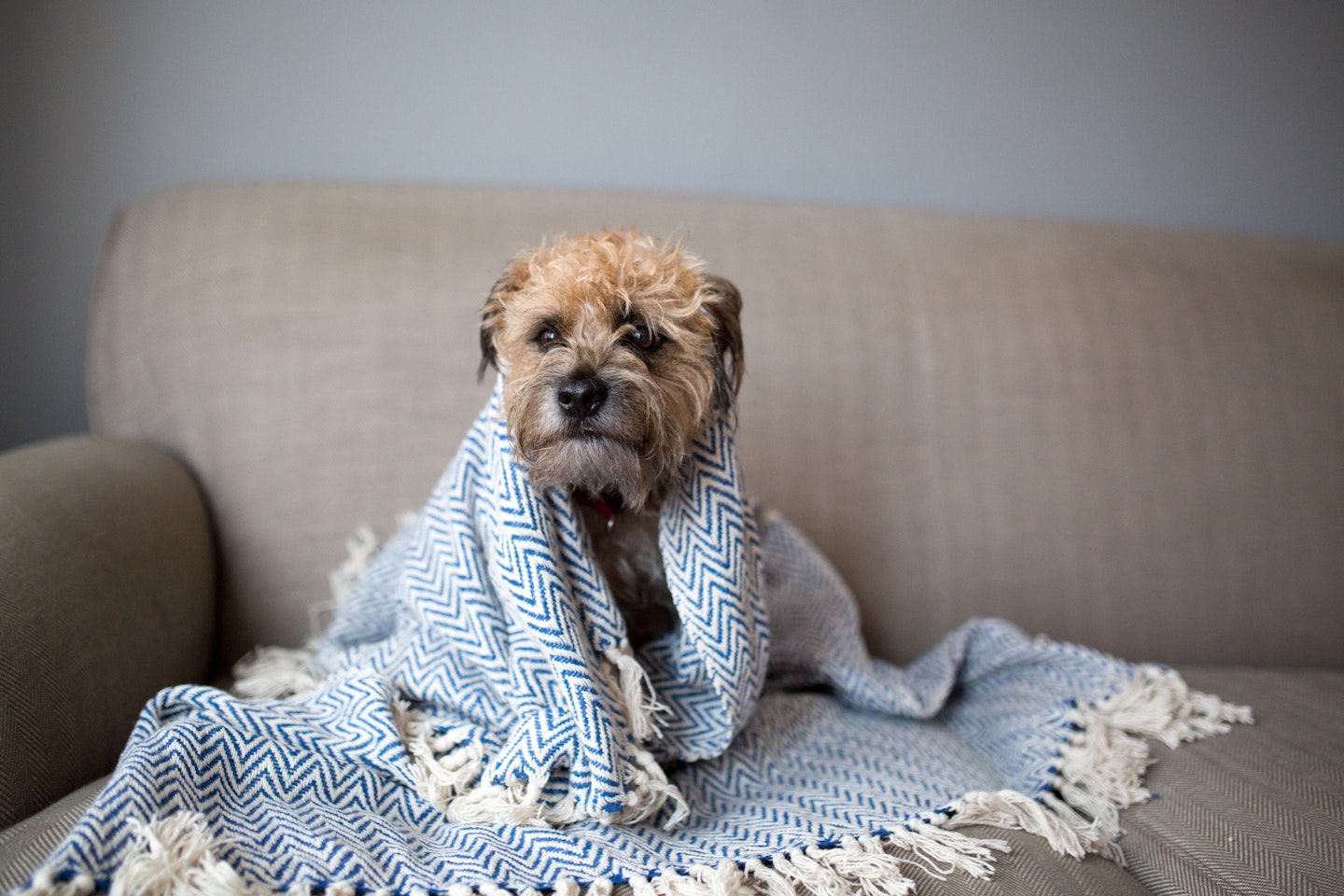
4) Ensure your pets are up-to-date with tick and flea treatments
Despite us often thinking fleas are more of a problem in summer, due to warmer winter temperatures and central heating, there is still a risk that your pet can catch fleas all year round. Therefore, practicing continual year-round flea protection is key to not only keeping your pet healthy but also to avoid any flea infestations in the home throughout winter.
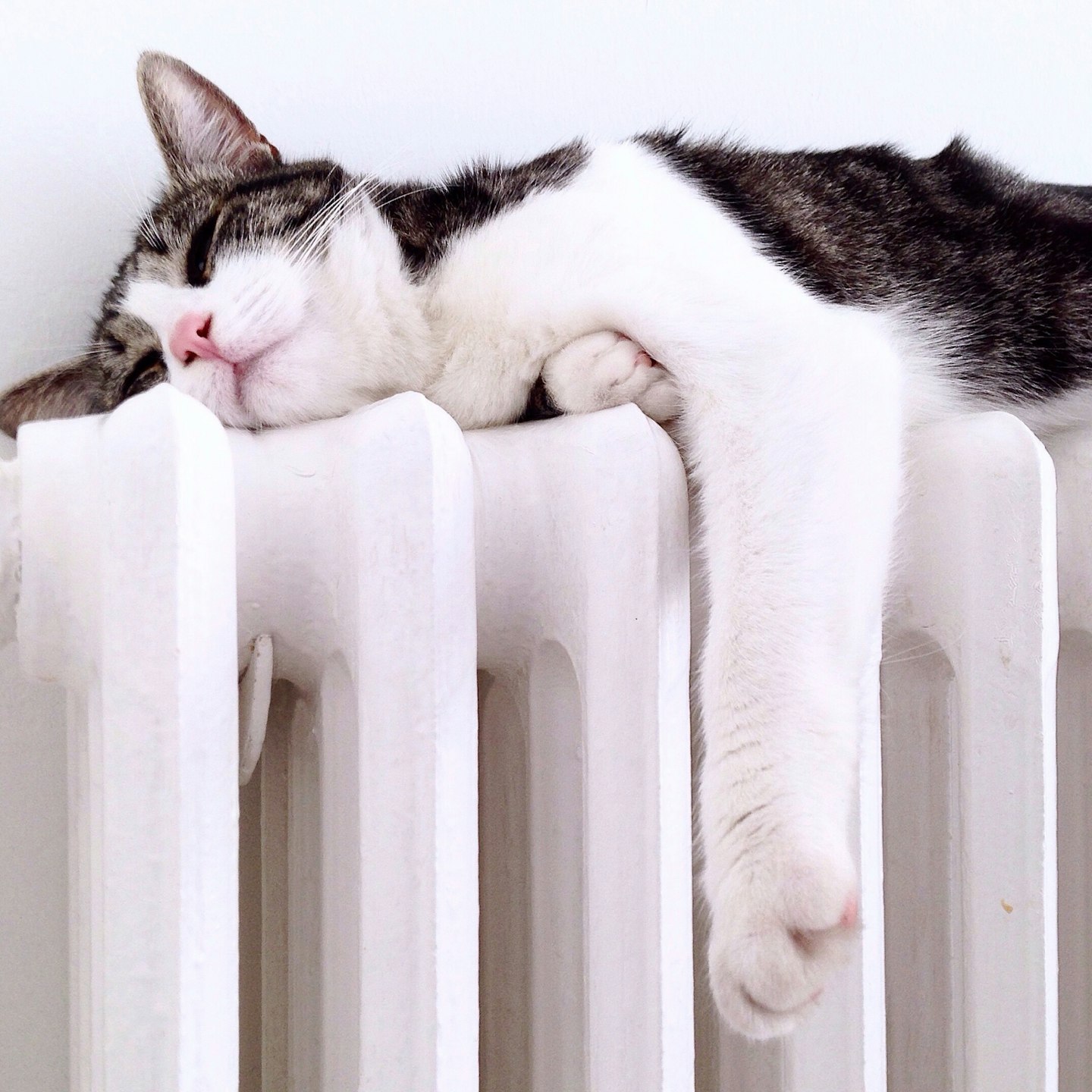
5) Keep an eye on food consumption
Making sure your pet maintains a healthy weight throughout the winter is also very important. While it’s often true that an extra layer can help protect pets from the cold, this should come from a coat and not an additional layer of fat. Cold temperatures can sometimes prompt lazy behaviour and therefore the need for fewer calories. However, at the same time, you should also be monitoring your pet for any signs of unusual weight loss too. If you have any concerns about your pet’s weight, be it either weight gain or loss, then speak to your veterinary practice team for further advice.
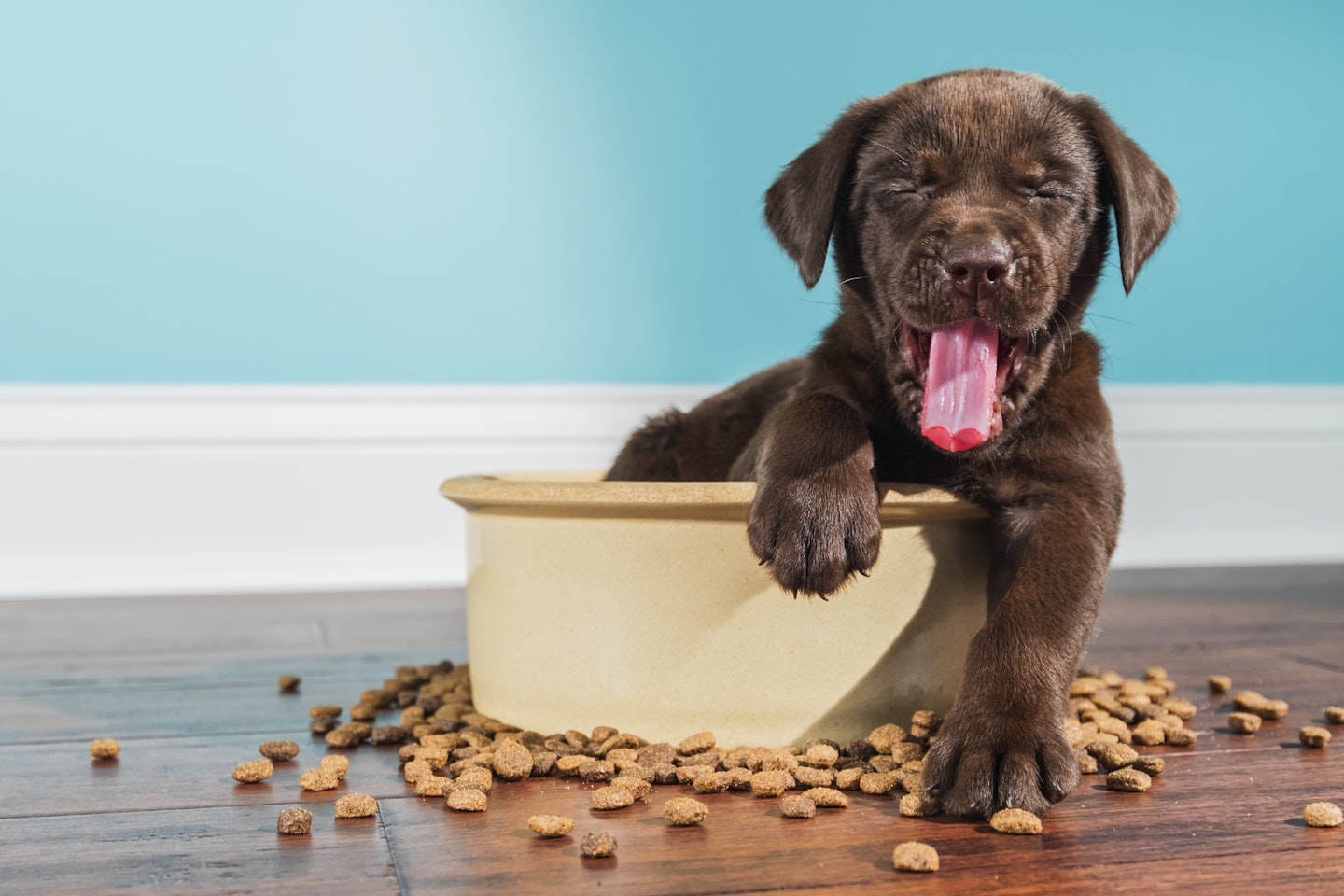
6) Rabbits are at an increased risk
Last winter, between December 2017 and March 2018, the RSCPA had 1,197 complaints to their cruelty line about rabbits. Dr Jane Tyson, the RSPCA’s Rabbit Welfare Expert, says, “If the temperature plummets, owners should consider bringing outdoor rabbits inside, into an outhouse, shed or unused garage with windows. If kept outside, they need warm, dry shelter with extra bedding to snuggle into. Continual access to hay to eat and fresh water to drink is vital."
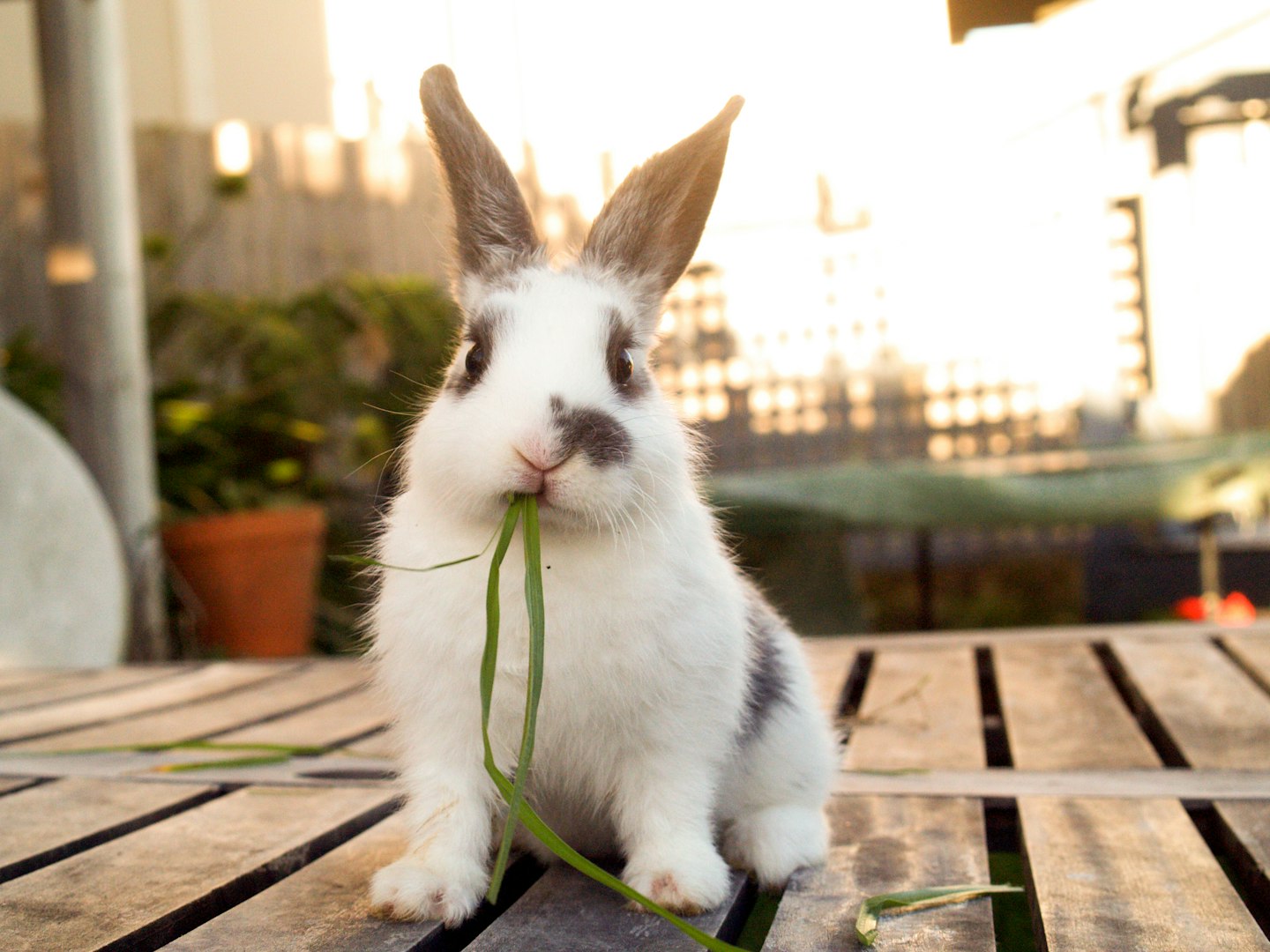
7) Don’t keep pets outside
Perhaps the vision of pets being kept outside in kennels is confined to Tom and Jerry cartoons. However, if your pet does sleep outside, it is probably a good idea to bring them in during the winter. Cats often roam the streets at night but during the cold winter months you should ensure you have a cat flap so they can get back in easily or they are permanently kept toasty inside.
In the case of rabbits - “Rainproof covers can be bought to help insulate hutches, but care must be taken to ensure there is adequate ventilation.” The Rabbit Welfare Association and Fund (RWAF) which campaigns for better conditions for rabbits, urges owners to be aware of signs that rabbits may be feeling the chill.
Richard Saunders, veterinary advisor for RWAF, says, “Weight loss and respiratory problems are signs that your rabbit is struggling to maintain body temperature, and if they’re cold and miserable, they may stop eating. Rabbits can survive in temperatures as low as 5˚C, but when it gets colder, extra care is needed to avoid critical conditions such as hypothermia.”
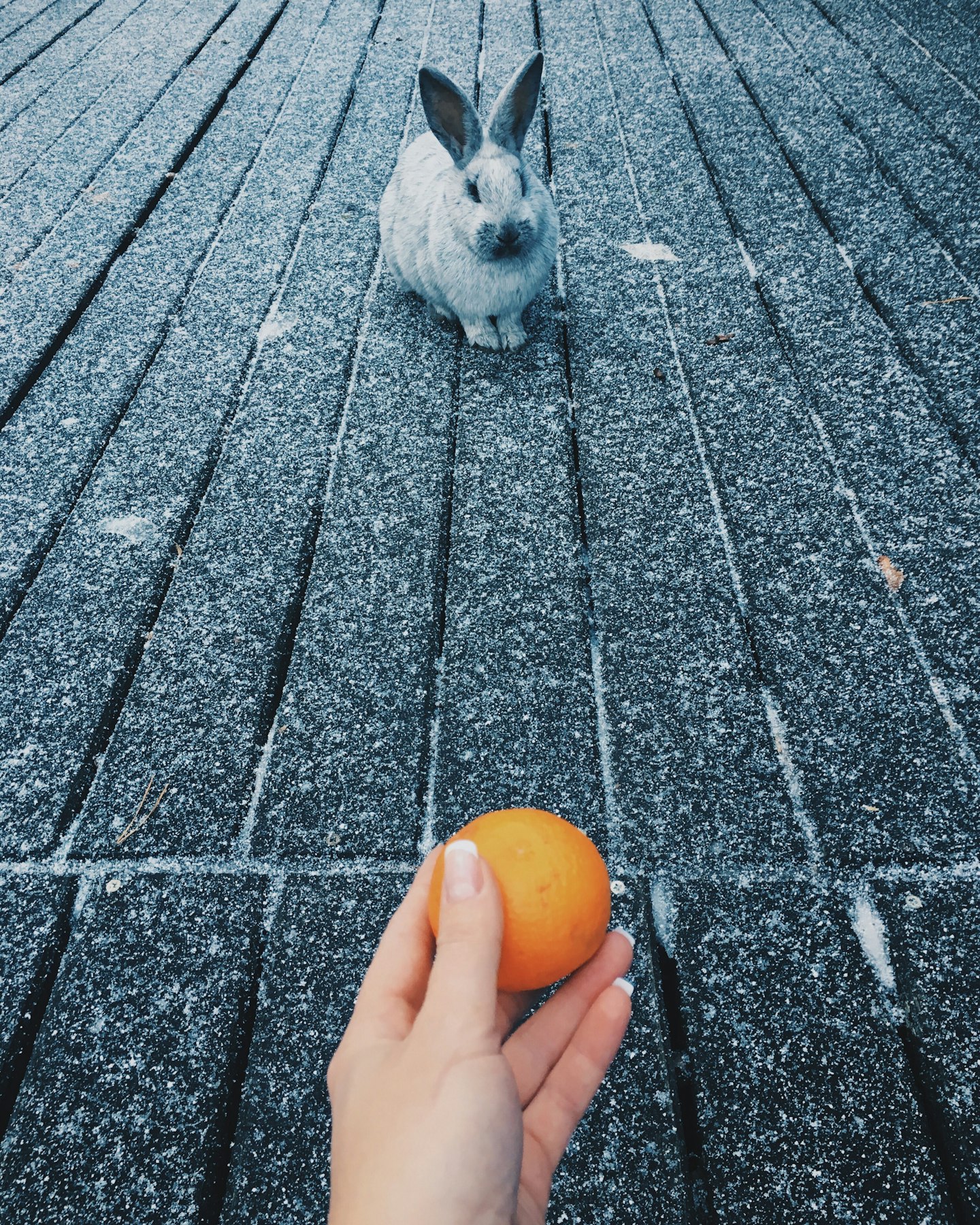
8) Remember pets are for life
Everyone knows the slogan – ‘A dog is for life, not just for Christmas’. Now Christmas has been and gone, it is still important to remember this message counts for animals of all shapes and sizes.
Rabbits are often bought for children as they’re seen as an easy “first pet”, but they can end up spending their lives alone and forgotten in a cramped hutch at the bottom of the garden. Rabbits were originally kept in small hutches before being slaughtered for meat – but sadly, the tradition has stuck.
Now the neglect has become so widespread that last year, Pets At Home stopped selling rabbits over the Easter weekend, instead offering customers free workshops, teaching owners how to look after their animals responsibly.

READ MORE real life news
School lunch: crisps, biscuits and questionable meat you definitely had in your pack up
For more information on rabbit welfare visit the RWAF and for effective tick and flea prevention, please visit [MSD Health Hub Big Flea Project](www.msd-animal-health-hub.co.uk/Big-Flea-Project-Project ).
WATCH: Love Island's Maura Higgins on meeting up with Greg O'Shea | TV Choice Awards 2019
More quick tips to keep bunnies happy and healthy:
-
Keep rabbits in pairs so they can snuggle for warmth
-
Wrap water bottles in bubble wrap to stop them freezing and make sure the nozzle is easily accessible
-
Send an anonymous letter to a friend or neighbour who you suspect may be mistreating their rabbits
-
Remember, even in bad weather, rabbits need exercise. Cover runs in tarpaulin to keep them dry. Cover hutches in old blankets or duvets for extra warmth but while always making sure there is ventilation)
